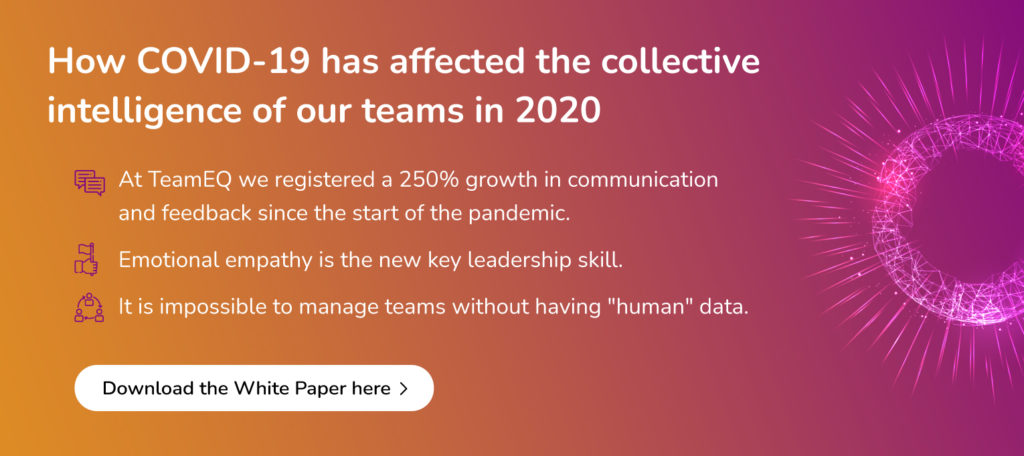Many times in an organization, leaders think that part of their job is to manage people. In fact, this can become an almost impossible task, right? Since people have emotions, behaviors, beliefs and personal goals that complicate things…
We propose an alternative: what if instead of managing people… you start managing relationships?
We believe that it is more efficient to stop managing people and try to manage relationships between people in the most mature way possible. Only then will we avoid creating an environment full of negativity and have a team with people who respect and help each other.
The cost of not doing it
When relationships between people are unhealthy, we have different risks:
- There may be disrespect. Behaviors are influenced by emotions. When relationships deteriorate and become accompanied by negative emotions, it’s easy to exploit the other person or communicate with them disrespectfully.
- A negative environment can be created. When relationships are not based on mature agreements, but rather on personal goals, it’s very easy for people to act selfishly or to suspect that others are acting in r their own interest.
- It can lower motivation. We cannot forget that we are social animals and having harmony with others represents a situation where we can get the best of ourselves.
Tips
1. Define common objectives: On the basis of a quality relationship, there’s a mutual agreement regarding common objectives. This is important for fostering maturity and for everyone to be clear about how the established relationship works. Make a plan with your team so that you define the common goal and your roles to achieve it.
2. Create an environment of trust: Mature and professional relationships are generated within a framework of complete trust. To guarantee trust, it’s good to establish and be clear about the rules of respect within the team, so each person can feel comfortable in their environment. To expedite this, understand that behaviors depend on circumstances and that many times people act as best they can at that time.
3. Learn from diversity: Everyone is different and this is a strength, not a weakness for the team. Managing the diversity of habits and expectations is not easy, but a team that is open to learning from different points of view is a team where relationships are enriching. Doubt, learn and stay curious about what others can bring to the team in terms of learning.
4. Maintain open communication: The more you accept and have direct communication with your peers, the more you can contribute to creating an environment of positive relationships.
5. Build your alliances: Considering the roles of each person, build your alliances to achieve the professional goals of the team. If you can be a mentor to someone or learn from another, cultivate these connections.
6. Recognize the role of each person: It’s very important to know what role a person has to offer to the team. It’s not about professional roles, but about what kind of relationships you have with a partner, a superior, or with a team member. Identify the people with whom you share your goal, the people with whom you share your talents or from whom you can learn. This will help you to accurately create your expectations.
7. Out of the complaints: Relationships are based on constructive feedback. Complaining to someone who cannot do anything to solve a situation does not help create mature and professional relationships. Try to limit complaints in opportunities for improvement and direct your constructive feedback to someone who can change the situation.
Do you want to develop your leadership in your work teams? Click here!
Ph: Pexels




